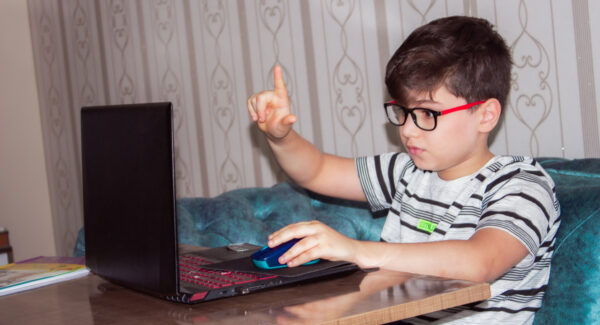How I learned to hang up my ego and design with humility

Introduction
When I stepped into my role as a designer at Pixo almost eight years ago, I came with a me-centered mindset. I was so concerned with what my work said about me and my capabilities as a creative that I completely neglected the needs, perspectives, and gifts of others around me. That kind of thinking drove me into a brick wall during one of my first projects.
At the time, we partnered with an agtech company to design the UI for a touch-screen device that goes in the cabs of planters, sprayers, and combines. At that point in my career, I hadn’t done a lot of UI, or at least, not like this. But here was my opportunity to really prove how capable I was.
At the beginning of the project, I had about a month to research as much as I could, develop a layout for the home interface, and define system styles for the engineers to begin implementing. Since I was so focused on what the design said about me—how cool and modern it could look, how boundary-pushing it might be—I did absolutely zero research. I’m not kidding. Zero. I also ignored the larger system styles assuming the engineers could wait until I finished my pixel-perfect mockups.
I worked solely on that precious home screen. I disappeared from the client for the entire month—showing my progress to absolutely no one—and came back with my finished work of art.
And let me tell you: it looked cool. Super cool. It was modern, it was boundary-pushing—and above all—it was completely wrong. It was so far off base that it wasn’t even in the ballpark. My heart sank to the floor when our absolutely bewildered client dismissed every facet of the design. I had to completely start over (and was thankfully given the opportunity to). I was incredibly embarrassed, but more importantly, deeply humbled. My eyes were pried open to a desperate need for greater humility in my design process.
Had my process been grounded in an others-centered mindset, I would have listened to the farmers who actually use the device. I would have learned that my sleek and tiny typography would have been impossible to read in a moving, sun-saturated tractor cab. Instead of waiting for the big reveal, I would have brought the client into my process sooner to receive critique and change direction before it was too late. Instead of ignoring our engineers, I could have learned so much more from them on how to unlock the full potential of this device.
I learned that when I design out of a me-centered mindset, I am only designing for me. I’m not crafting a UI that helps farmers do their work with more confidence and efficiency. No. I’m merely painting pictures for the great gallery of my own design achievements. I could care less about how positive of an impact it may have on the lives of others, or how my skills may be sharpened through critique, or how I might lift up the talents of my team. I’m only concerned with what others think about me.